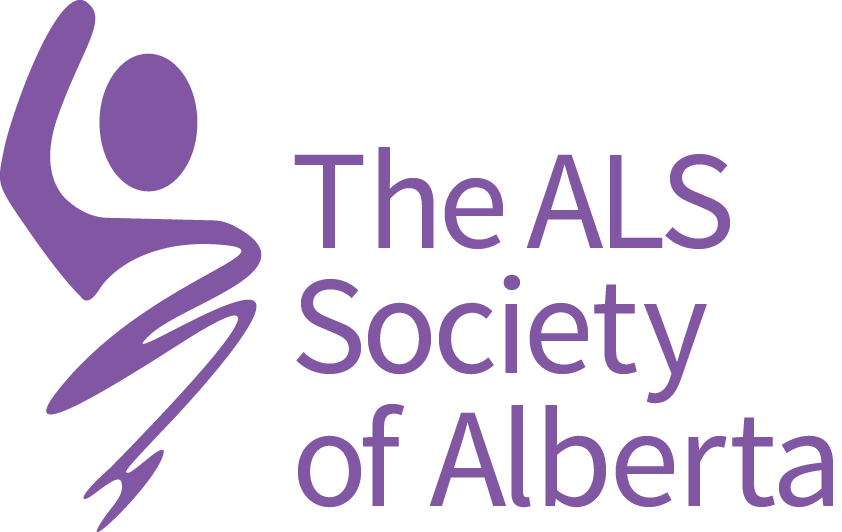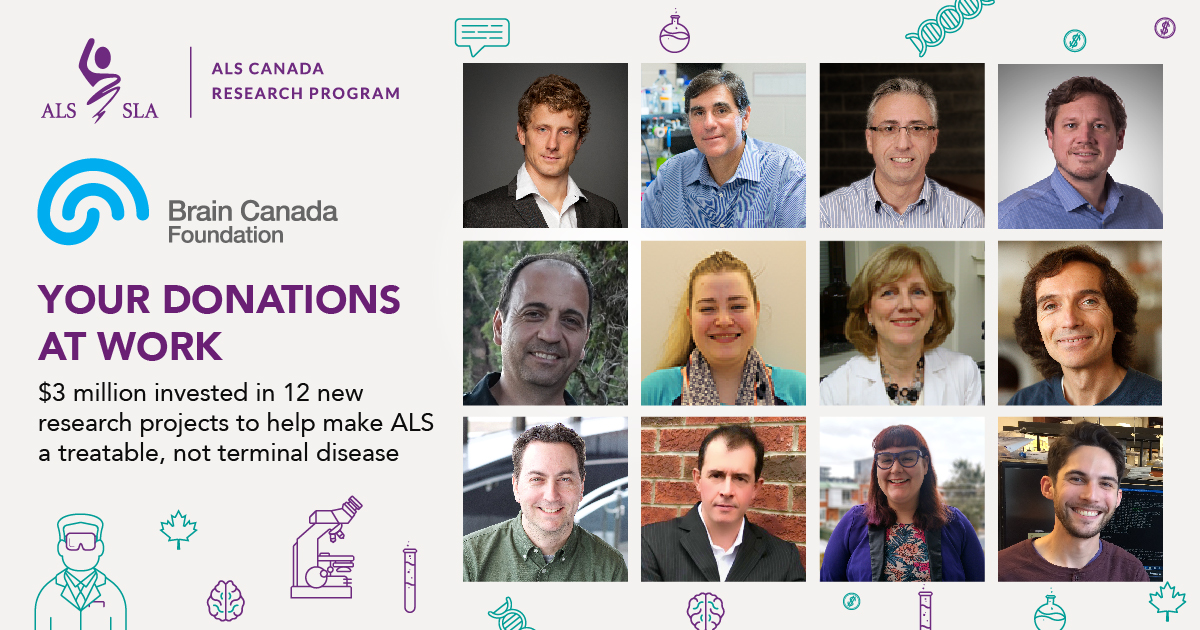We are thrilled to announce the newly-founded Alberta ALS Research Network (AARN), a pioneering initiative aimed at uniting top-tier researchers from the University of Alberta and the University of Calgary to accelerate the search for effective treatments and ultimately a cure for ALS.
This initiative, made possible through the generous donations from Betty's Run for ALS and the Walk Together for ALS, represents a significant investment of $1.1 million into innovative ALS research right here in Alberta.
AARN brings together a powerhouse team of researchers:
University of Calgary: Dr. Gordon Jewett, Dr. Lawrence Korngut, Dr. Theo Mobach, and Dr. Gerald Pfeffer
University of Alberta: Dr. Grayson Beecher, Dr. Peter Dobrowolski, Dr. Daniel Fok, Dr. Wendy Johnston, Dr. Sanjay Kalra
Their mission is to establish Alberta as a world leader in ALS research and care by fostering collaboration and excellence between these two renowned institutions.
Five Key Priorities
Research Accessibility: Ensuring all Albertans living with ALS can participate in research.
Start-Up Funding: Providing initial funding to innovative Alberta-based research to attract larger-scale support.
Expansion of Existing Initiatives: Operating established research programs across both universities.
Leveraging Infrastructure: Using Alberta’s research infrastructure to support cutting-edge projects.
Training the Next Generation: Attracting and training new ALS researchers in Alberta.
A Coordinated Effort
To maximize the impact of this initiative, AARN will oversee research activities at both universities, connecting researchers, identifying opportunities for collaboration, and promoting resource sharing. Regular meetings will ensure continuous communication and brainstorming, fostering a collaborative research environment.
AARN will hit the ground running by expanding existing research programs and accelerating the completion of ongoing studies. Funding will be efficiently allocated to support new projects and expand peer-reviewed studies across the province. With a streamlined grant competition process, we aim to minimize administrative burdens while maintaining rigorous scientific standards.
Celebrating Our Donors
Through AARN, the ALS Society of Alberta and our dedicated donors will witness immediate and tangible results from their contributions. Annual reports and regular updates will highlight the progress and achievements of supported projects, ensuring transparency and recognition of donor impact.
With the support of the ALS Society of Alberta’s Board of Directors and the dedication of our researchers, AARN is poised to position Alberta at the forefront of global ALS research. This collaborative effort promises rapid advancements and an improved future for all Albertans affected by ALS.
Stay tuned for more updates as we embark on this exciting journey together!
Thank you for your unwavering support and commitment to finding a cure for ALS.






